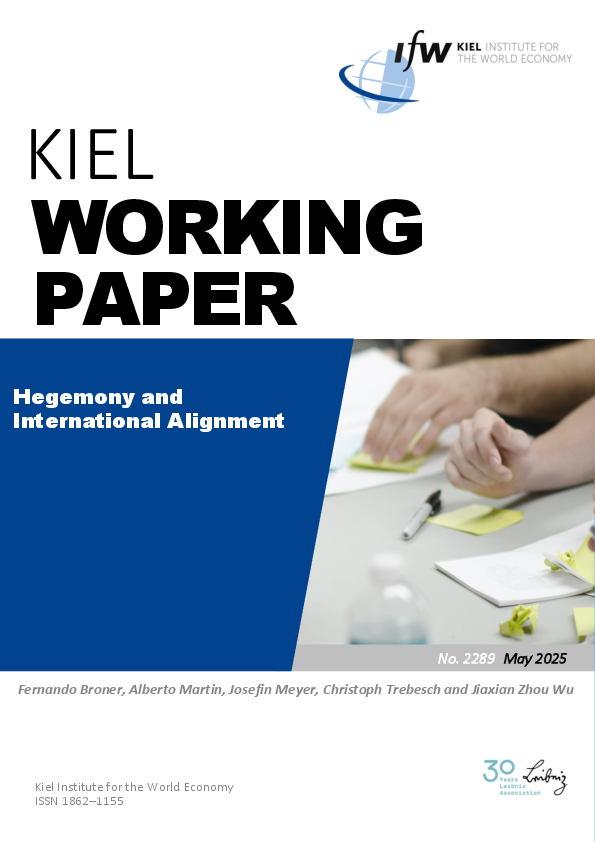Authors
Publication Date
JEL Classification
F4
F1
F3
P00
Key Words
Related Topics
Geoeconomics
Political Economy
International Trade
Globalization
This article explores the interplay between economic hegemony and political alignment. Using theoretical and empirical insights from Broner et al. (2024), we posit that hegemonic states, such as the U.S., foster political alignment, which enhances globalization. We use UN voting data to proxy for international alignment and show that hegemons induce alignment. This data has shortcomings, however. UN voting only covers the post-WWII period, refers to a narrow set of issues, and displays little time variation. As for military alliances, they were not widely used before the mid-20th century. We propose an alternative measure of alignment based on international treaties.







